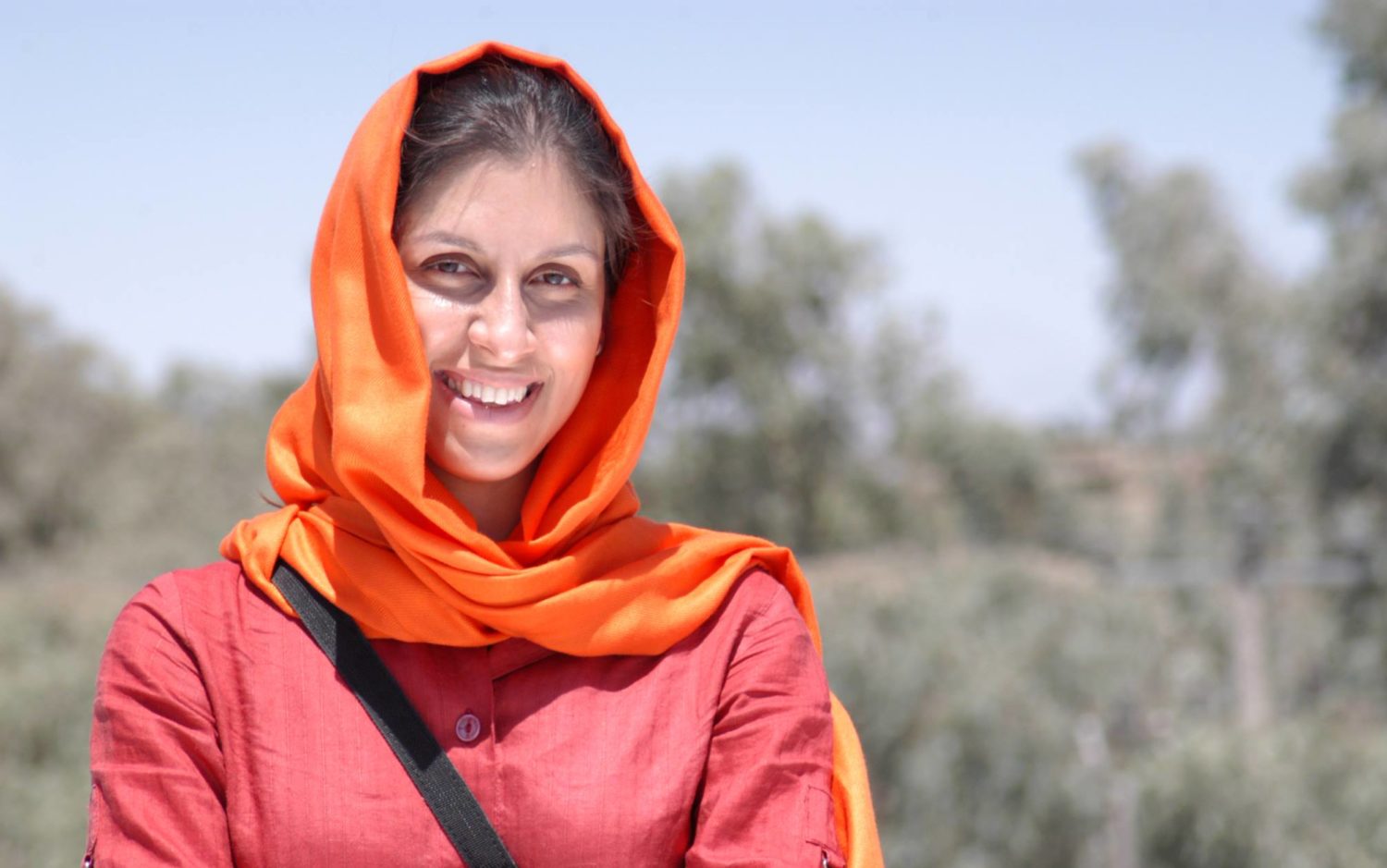
First Anniversary of Nazanin’s Release: The Free Nazanin Campaign and REDRESS Call for Magnitsky Sanctions on more Perpetrators of Iran’s Hostage-taking as Practice Worsens
On the first anniversary of Nazanin Zaghari-Ratcliffe’s release today, REDRESS and the Free Nazanin Campaign have submitted further evidence to the UK Foreign Secretary, urging him to sanction another 10 Iranian officials and entities linked to the practice of Iran’s hostage-taking.
The individuals and entities named in the dossier submitted to the UK Foreign Secretary have been involved at different stages in the practice of arbitrarily detaining, torturing and mistreating foreign and dual nationals for diplomatic leverage over other states, also known as ‘state hostage-taking’. They have been involved in unlawful detentions and interrogations, illegitimate legal proceedings, human rights abuses in prisons, false and abusive propaganda, and using the victims as ‘assets’ in diplomatic negotiations.
Magnitsky sanctions, first introduced by the UK government in 2020, enable states to target individuals and entities which are involved in serious violations of human rights by imposing asset freezes and travel bans, to hold them accountable and deter the abusive conduct.
The submission notes that there has been an escalation of Iran’s hostage-taking practice since Nazanin’s release, coinciding with the wave of protests that have swept the country following the death of Mahsa Amini in September 2022. Following this, Iran has arrested over 40 foreign nationals – including seven people with links to the UK – for their alleged support for the country’s anti-government protests. At least two British-Iranian nationals are currently detained in Iran, Mora Tahabz and Mehran Raoof. According to Amnesty International, Raoof is being held in solitary confinement, and the UK government has confirmed that Tahbaz has been subjected to “cruel treatment” while detained. In January 2023, Tehran executed a dual national and British citizen, Alireza Akabari, the first execution of a British citizen since the 1980s.
Yet, since last year, the UK government has only sanctioned one person for their role in the mistreatment of foreign detainees, Gholamreza Ziaei, as former director of the infamous Evin prison, the same where Nazanin was held. While the UK government also sanctioned Iran’s Prosecutor General, Mohammad Jafar Montazeri, following the execution of Akbar in January 2023, neither of those designations recognised their involvement in state hostage-taking, nor did they target any of the many other players involved in the practice.
A worrying development is the UK government seemingly deprioritising this issue in its foreign policy. In its Integrated Review Refresh of Security, Defence, Development and Foreign Policy 2023 published on 13 March, the UK government dropped its commitment to “ending the practice of arbitrary arrest, detention or sentencing of foreign nationals to exercise leverage over other governments”, a priority that had been included in the 2022 Integrated Review.
This is in stark contrast with actions taken by the UK’s closest allies during the same period. On 20 February 2023, the EU called upon Iran to “end the distressing practice of detaining foreign civilians with a view to making political gains”. Canada has sanctioned at least six perpetrators responsible for arbitrarily detaining, mistreating and torturing British nationals in the last year. The EU and the US each sanctioned two Iranian perpetrators involved in human rights abuses against dual and foreign nationals in 2022. The UK government is therefore lagging behind in protecting its own citizens from the threats posed by the Iranian regime.
REDRESS and the Free Nazanin Campaign submitted a first dossier with evidence on another 10 Iranian officials involved hostage-taking in September 2021, which also called for Magnitsky sanctions against the individuals. Only one official mentioned in the submission has been sanctioned since by the UK government. Previously, the UK government had sanctioned three Iranian individuals for having committed serious and widespread human rights violations in the context of Iran’s brutal crackdown of protestors in 2009 but not for their involvement in state hostage-taking.
Ahead of a special session of the UN Human Rights Council on the deterioration of the human rights situation in Iran on 24 November 2022, REDRESS and the Free Nazanin Campaign published a report which detailed for the first time the systematic pattern of human rights abuses committed through Iran’s hostage-taking practice. The report drew in part from detailed testimonies from 26 victims of hostage-taking or their family members.
Richard Ratcliffe, Nazanin’s husband, said:
“It is a real relief that Nazanin came home a year ago, particularly given how things have deteriorated in Iran. But it is also triggering to see Iran’s hostage diplomacy continue to grow with impunity. I am disappointed that the UK has pulled its punches from sanctioning Iran’s hostage takers after the promises made by the former Foreign Secretary, and that state hostage taking has been dropped as a concern from this week’s new Integrated Review – even as Iran has crossed a threshold and started executing foreign citizens. The Foreign Office well knows that hostage taking is a gateway issue for many of the Islamic Republic’s crimes. Our message with this new tranche of names is that if there is no accountability for hostage taking, the Iranian authorities will become more emboldened, and we will all be less safe. The anniversary of Nazanin’s release is a good day to start sending a clear message – that the UK will protect its citizens, and not just wring its hands.”
Rupert Skilbeck, Director of REDRESS, said:
“The facts speak for themselves: Iran is emboldened in its human rights abuses and is growing its practice of state hostage-taking, which often includes torture or ill-treatment. Unless the UK government takes concerted action now to challenge this practice, Iran will continue to abuse human rights to gain greater leverage on the world stage at the expense of victims’ suffering.”
For more information or for an interview, please contact Eva Sanchis, REDRESS’ Head of Communications, on 07857110076 or [email protected].
